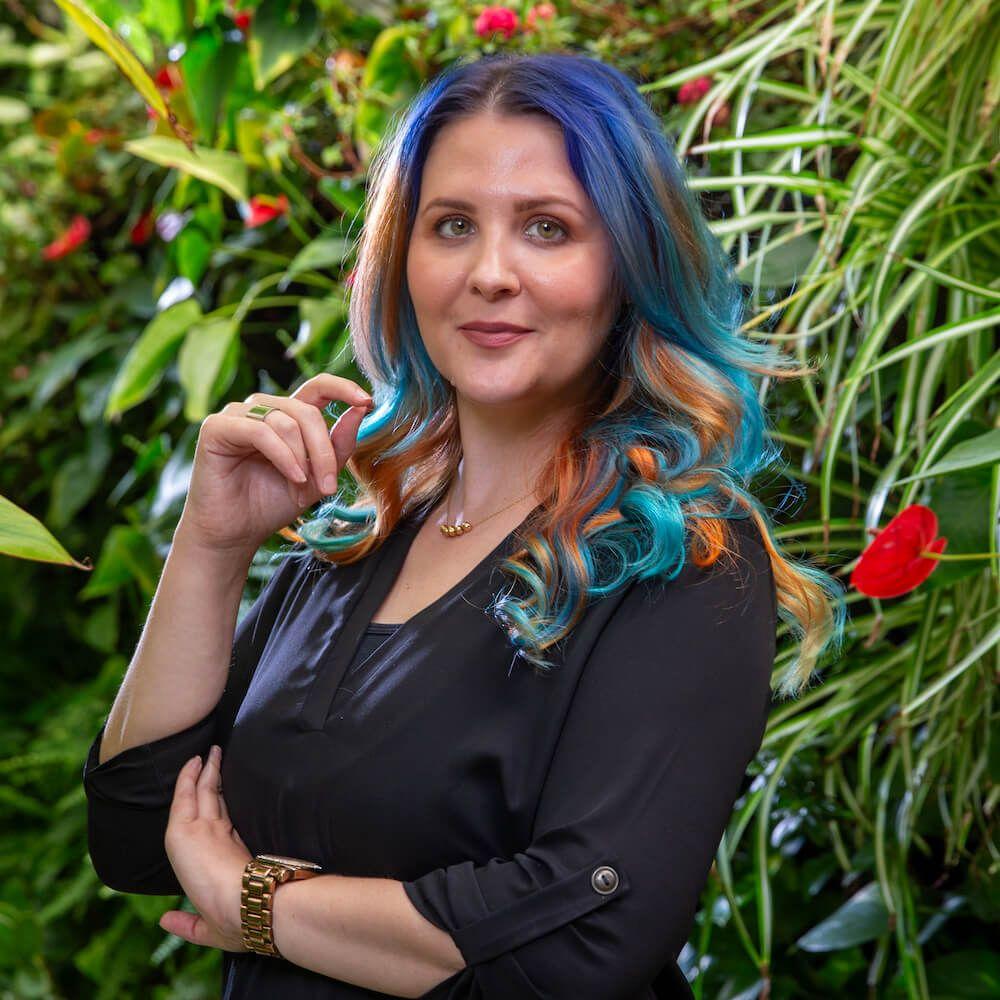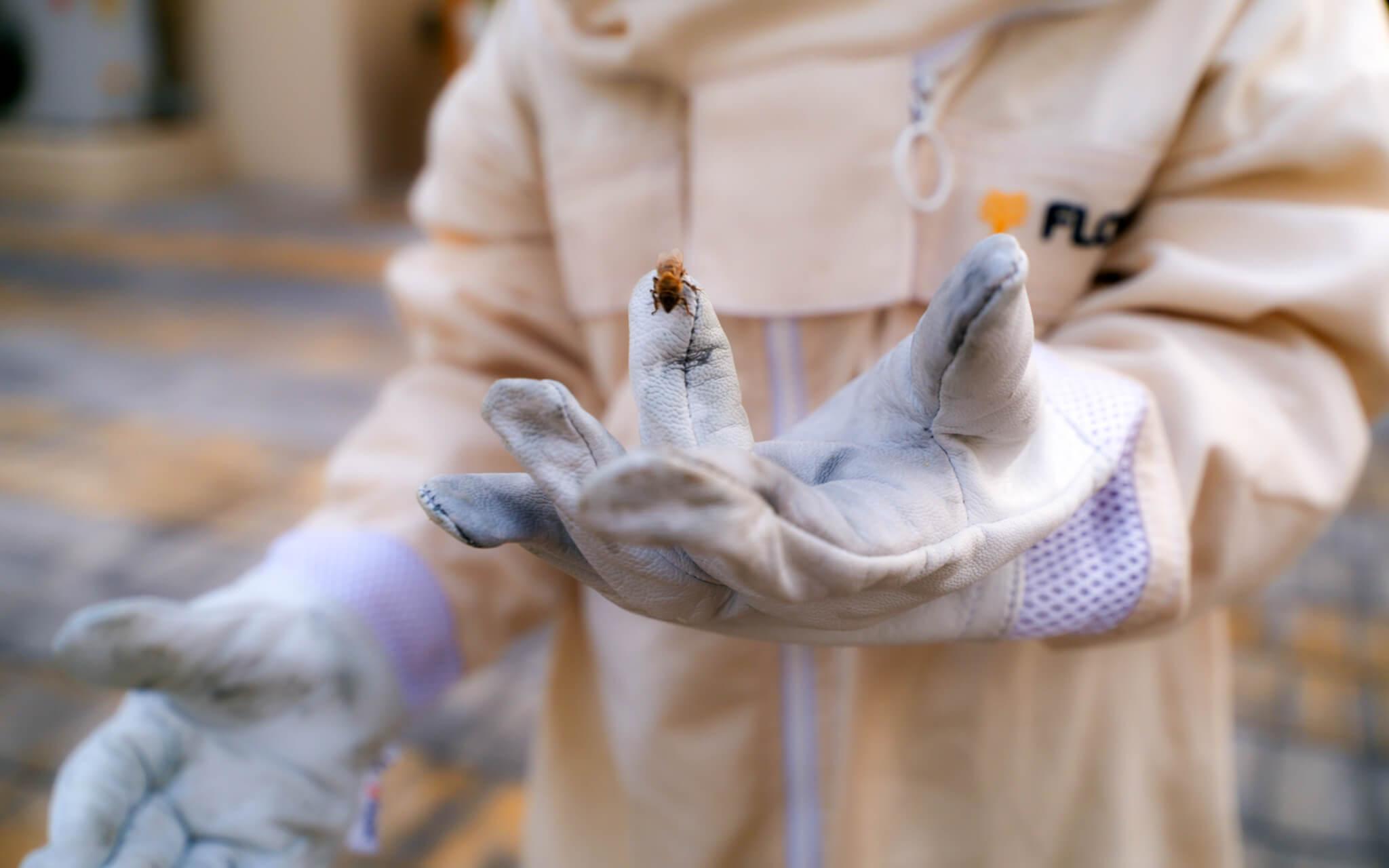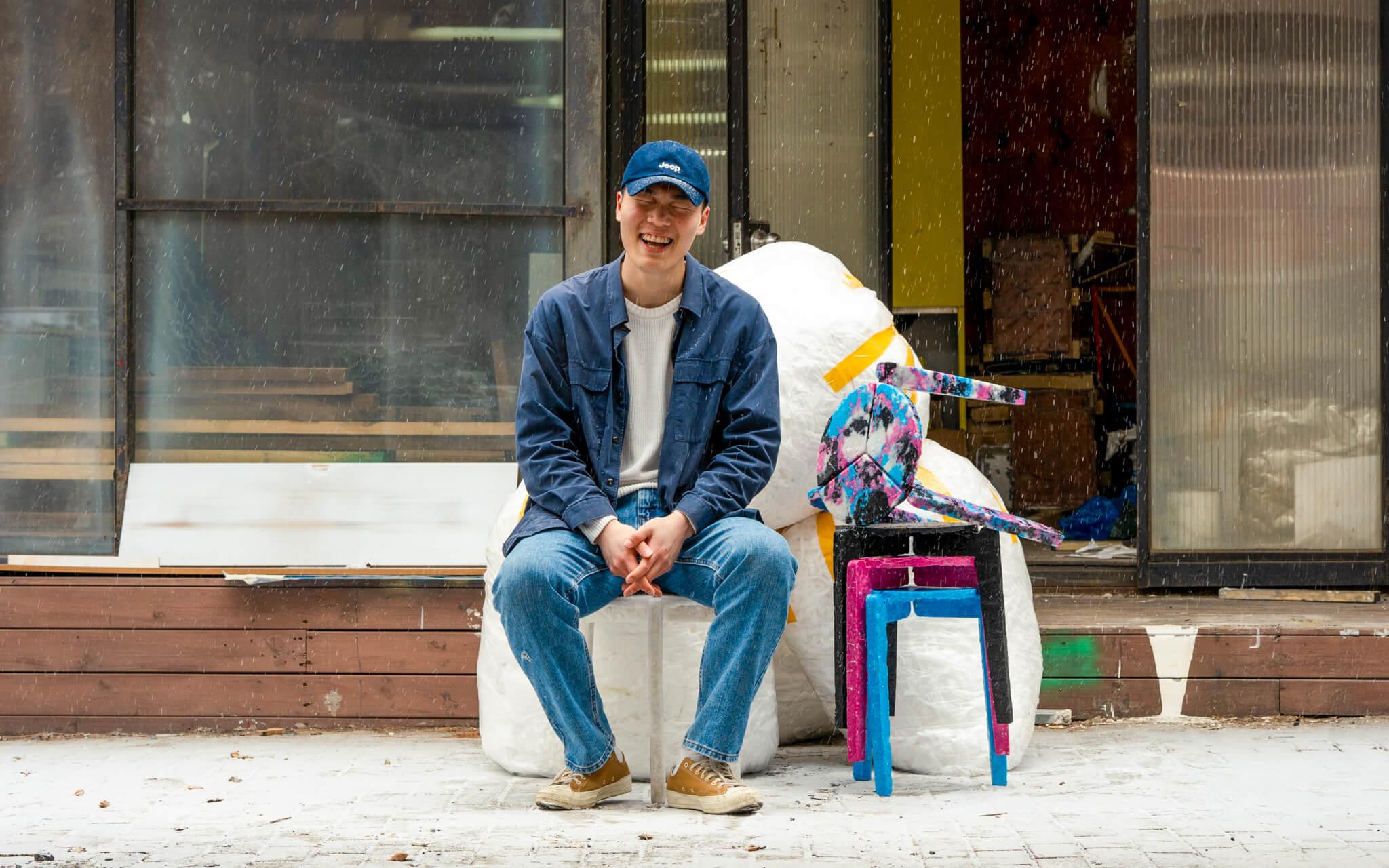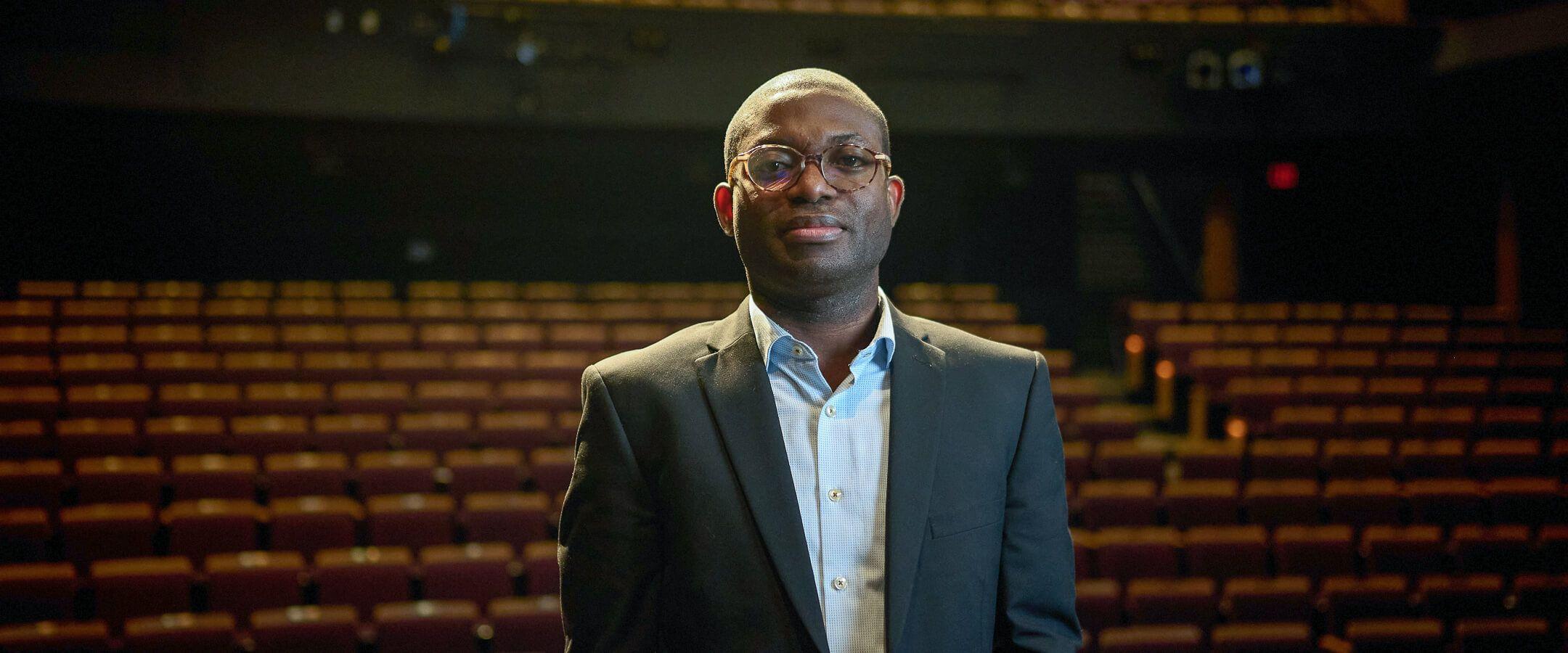The Ocean’s Future is Female
A love for the ocean and big dreams have led dozens of young Indonesian women to dive into Coral Catch. Based in the Gili Islands, this coral restoration program is not just about saving our seas—it's also empowering women to make waves in marine conservation.
A group of divers examine a coral nursery, scuba tanks strapped to their backs as they monitor young corals placed uniformly on a spiderwebbed structure in the shallow, warm waters. When they surface and pull themselves back into the dive boat, it’s suddenly clear: these divers are all women.
“If you saw our video with PADI, you would see many men commenting: ‘Why is this programme only taking women? Where are the men in this conservation effort?’ But in Indonesia, there are already many men working in marine conservation, and there are few women,” says Avicenna (Cenna) Wijayanto, Program Manager for Coral Catch, a scholarship programme and coral conservation initiative for Indonesian women.
Cenna doesn’t mince words when she breaks down why there are fewer women in Indonesian conservation roles than men.
“One of the main reasons is, well, it's patriarchy,” Cenna says.
“Men say that we are not strong enough to work in the marine industry, conservation, or to go diving. Coral Catch is here to prove that we are able to do that.”
Coral Catch was founded in 2021 by Rose Huizenga, a Dutch diver and conservationist working in the Gili Islands in Indonesia. Its two-fold mission is to restore coral reefs while empowering local women through education and training. Every year, ‘batches’ of women graduate from Coral Catch’s nine-week training programme, where they are certified as open-water divers and begin an ecological monitoring course.
An experienced changemaker, Rose had already co-founded Gili Shark Conservation in 2015, a research initiative and dive company. “I always wondered why I never saw any female local dive guides or instructors during my travels to Indonesia. When I got invited to apply for a small grant from the United Nations, I knew what to do; Why not create the first female local coral restoration team in Indonesia?” Rose explains.
While Coral Catch has trained dozens of local Indonesian women since its launch, Rose is frank about the struggles of creating a new initiative with limited resources. “Whenever you have a crazy idea, and no one’s ever done it before, it can be hard to get the support that you need. During the first two years, I didn’t have much money to get this project off the ground, so I had to do everything myself. From building the dive sites to running the application process to designing the scholarship, doing the accounting – it was a lot of work.”
But motherhood and her own experiences as a conservationist kept her going; what kind of ocean would women inherit if it wasn’t protected?
“I’m so proud and also grateful that I didn’t give up,” Rose says.
Men say that we are not strong enough to work in the marine industry, conservation, or to go diving. Coral Catch is here to prove that we are able to do that.
Cenna is an alum of Coral Catch, one of the first batches to complete the program and also finish a degree in Marine biology at university. Her love for the ocean was kindled during her first snorkelling experience when she was only 17 years old. “The tour guide, he was like, ‘I can take a picture of you underwater, but you guys need to hold the coral first and then let it go when I take a picture.’ And I was confused. He told me that some people don't like it if tourists hold the corals, and that left a question in my head,” she says. The realisation that the delicate balance of the ocean’s ecosystem was being exploited broke her heart and ignited her interest in marine conservation.
“If you don't want to take care of the ocean, then who else is going to do it?” Cenna asks. For women like her, Coral Catch provides the answers.
“We give them knowledge about coral, what is coral bleaching, and what happens if you touch them. What is happening to corals in Indonesia, especially in the Gili Marine Protected Area,” she says, describing the curriculum for participants. Each woman then learns how to build a hex dome, a unique structure that Coral Catch uses to grow the coral fragments in their nursery. They learn how to measure growth and monitor coral health, as well as how to map the ocean floor before they deploy their coral structures, ensuring that they fit into their new environment.
“And the corals, we actually pick them up from naturally broken corals. And after we grow them in our nursery site, then we move them to our hexdome, which is the artificial reef media that we use. We take a picture of a ruler in front of the corals to monitor them, and then we analyse that using image software so it's more accurate,” Cenna says, easily listing off the familiar process.
To date, they’ve grown and replanted more than 2,000 coral fragments, restoring the incredible network of reefs surrounding the Gili Islands, a solution that is more important than ever.
Between February and April 2024, reefs around the world experienced a mass coral bleaching event. From Australia to the Red Sea, record-breaking ocean temperatures caused photosynthetic algae known as zooxanthellae to be expelled from the coral, leaving them bleached white and starving for nutrients – a situation that can kill off entire coral reefs if water temperatures don’t decrease.
Rose personally witnessed this disturbing sight during her time as a diver. “Going underwater and seeing on your dive computer that the water is 31 degrees, and you know that if the water doesn’t cool down, then it looks like you’re on a glacier,” she recounts. “Everything is white, all the corals are white, all the colours are disappearing.”
Like anyone who’s spent time under the water, Rose understands that restoring and protecting marine life and conservation sites is crucial to our planet’s future, from carbon sequestration to oxygen production and food security. “I want to create a network of powerful women who are going to be strong leaders and can take action now,” she says.
And overwhelmingly, current research shows that when women are included in environmental spaces, climate action is prioritised.
“So yes, this is focused on women because we want women to have confidence, especially women in Indonesia,” Cenna says proudly. “I also felt that I was not capable of doing these things because I'm a woman and I'm not strong enough. But here I am now.”
“I know, for myself, how important it is to have inspiring role models and people who can show you the possibilities that life can offer you,” Rose adds.
“If you grow up on a small island in Indonesia and you never see a woman walking across the beach with an oxygen tank or working in conservation, then it will never cross your mind that you can be that girl as well.”
But that’s not a problem anymore: in the photographs from Coral Catch, woman after woman walks across the beach, heavy oxygen tank slung across her shoulder, wet suit wrapped around her waist, eyes trained on the ocean ahead.
When I ask if there are any final thoughts before we wrap up our interview, Cenna stops me. “I would love to share with you that we finished our sixth batch of coral catch participants. So we’ve already trained a total of 24 women, and all of them are either working in marine conservation or a diving-related industry currently.”
“We want to prove to Indonesian women and women worldwide that we can also work in marine conservation.”
Most Popular
The Climate Tribe delivers stories about Biodiversity and Conservation, Circular Economy, Food and Water , and how they intersect with climate.
Subscribe
Get the latest stories inspiring climate action around the globe straight to your inbox.






